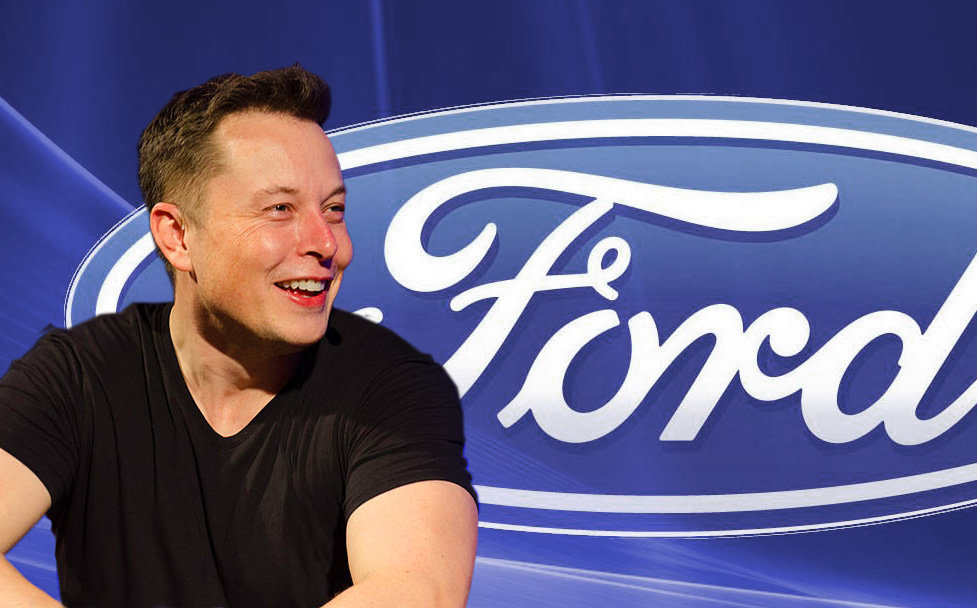The hardest part is letting go: Ford (almost) gives away its patents

Elon Musk knows a good PR opportunity when he sees one, so back in June 2014 when everyone’s favourite man on a mission took the unusual step of opening up Tesla’s electric car technology patents for free and unrestricted use to all comers, many were impressed, if not completely surprised.
Musk also used the announcement to take a swipe at the car industry in general, saying that Tesla had only patented their electric car technology because it originally thought the “big” car companies would leap on Tesla’s bleeding edge tech and “use their massive manufacturing, sales and marketing power to overwhelm Tesla”.
“We couldn’t have been more wrong,” said Musk.
“The unfortunate reality is the opposite: electric car programs… at the major manufacturers are small to non-existent, constituting an average of far less than 1% of their total vehicle sales.”
To that end, the entrepreneur said that it was offering its patents free of charge to anyone who wanted to use them and that, going forward, the company would “not initiate patent lawsuits against anyone who, in good faith, wants to use [Tesla’s] technology.”
Not a bad piece of PR, if, perhaps a little disingenuous.
In setting its patents ‘free’, Tesla is not only promoting the development of the electric car industry as a whole, but also directing that industry towards technology Tesla is in a very good position to exploit – namely as its battery technology and its fledgling roadside electric charging stations.
Toyota could sure see the logic of the move and followed suit a few months later, offering its fuel cell patents under royalty-free contracts.
Today’s news is that, a year later, Ford has now followed suit, with a couple of significant caveats.
In a statement released yesterday the company said that the “way to provide the best technology is through constant development and progress”.
“By sharing our research with other companies, we will accelerate the growth of electrified vehicle technology and deliver even better products to customers.”
If you haven’t heard, “innovation” is now Ford’s “goal”.
Butter wouldn’t melt.
How much the IP is actually worth is up for debate, of course.
“A lot of the time a company’s intellectual property is more valuable in other people’s hands,” says Paul Adams, CEO of NZ-based intellectual property advisors EverEdge IP.
“So how does a company go about maximising the value of that IP? Usually not by keeping it to themselves.”
So let’s not be cynical. While Ford’s investment in electric car technology is a relatively small part of its overall production, more electric cars in circulation does in fact mean less emission-spewers on the road and that’s got to be a good thing.
But hold your applause a moment more.
Because if Ford is trying to piggyback on Musk’s headline-grabbing display, they’re certainly taking a considerably more conservative approach to realising it.
The company still holds approximately 650 electric vehicle patents with another 1000 pending, and while it is, indeed, opening up that intellectual property for use by ‘competitors’, unlike Musk, Ford intends to charge those parties (currently undisclosed) fees for the privilege.
Sorry, Ford. But when it comes to making a statement, that’s a ‘close but no cigar’.
A positive development for electric car technology and the reducing carbon emissions? Sure, absolutely, why not?
But a bold and fearless display of Ford’s vision for a better future for all of us? Not even close.


.jpg/w=675,h=675,fit=crop)

